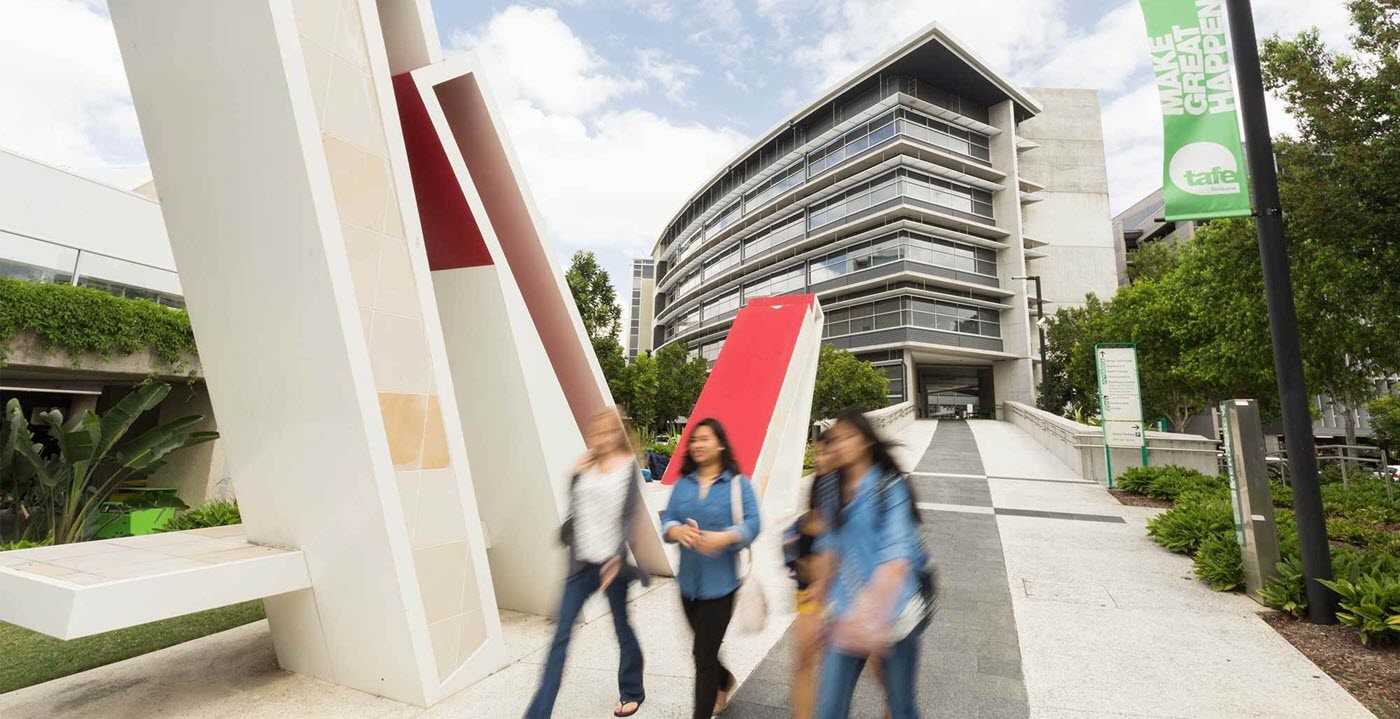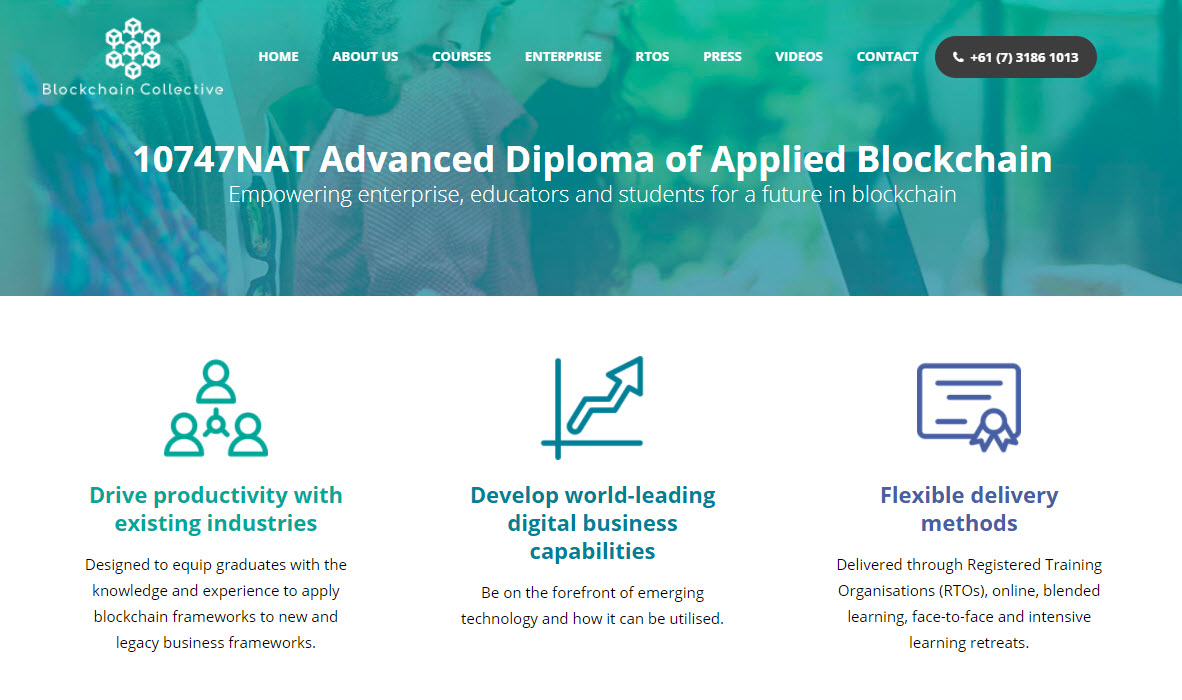As a project published under the free and permissive MIT license granted by whoever is the one behind the name Satoshi Nakamoto, the whitepaper hosted on Bitcoin.org has a right to remain up, according to Bitcoin.org.
We will continue hosting the Bitcoin whitepaper and won’t be silenced or intimidated. Others hosting the whitepaper should follow our lead in resisting these false allegations.
Cøbra, domain owner of Bitcoin.org
The nChain chief researcher – who goes by the name of Craig Wright – claims to be the one behind the name Satoshi Nakamoto, and has had his lawyers send takedown notices to various websites hosting the Bitcoin.org website.
He claims the hosting to be theft of his intellectual property – a view of the subject quite different from the ethos of the top cryptocurrency’s creator. Mr. Wight also appears to be an ardent supporter of Bitcoin Satoshi’s Vision (BSV), a cryptocurrency whose legitimacy has been hotly debated in certain circles.
Verifiable Claims Unverified
Although Bitcoin.org refused to take down the whitepaper, calling the claims without merit, others – such as Bitcoincore – have done so. In addition, the team at Bitcoin Core have also deleted references to it and merged the changes on Github.
Bitcoin.org commented on the decision by Bitcoin Core, stating that their decision may hurt them in the long run.
We believe these claims are without merit, and refuse to [take it down]. By surrendering in this way, the Bitcoin Core project has lent ammunition to Bitcoin’s enemies, engaged in self-censorship, and compromised its integrity.
Cøbra, domain owner of Bitcoin.org
Furthermore, Bitcoin.org stated that Satoshi Nakamoto has a public PGP key that is widely known. Therefore, if Craig Wright wanted to reveal himself to be Satoshi Nakamoto without a shadow of a doubt, he could simply verify his claims using this key – and not doing so does nothing but cast even more doubts on his claim.











